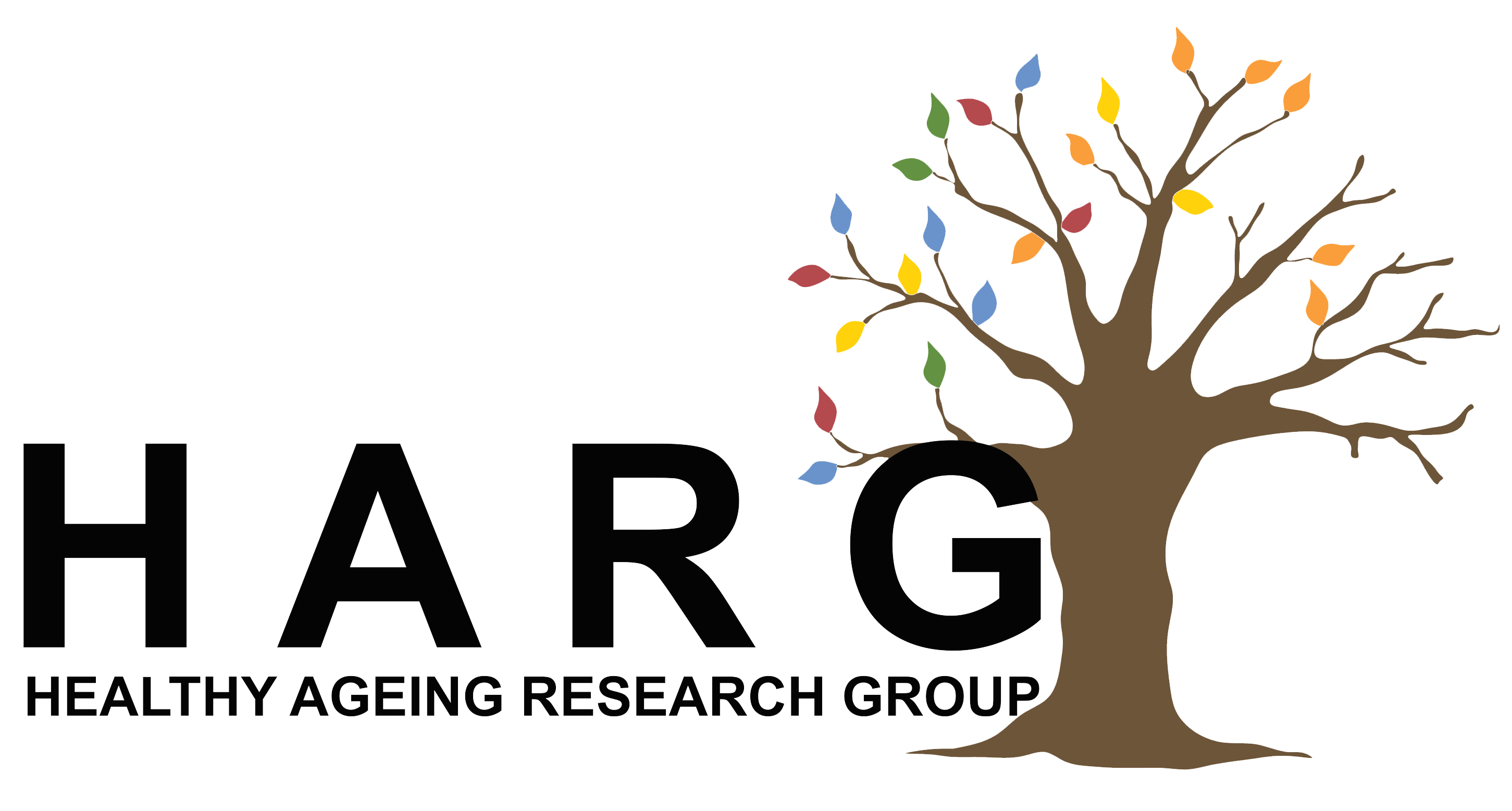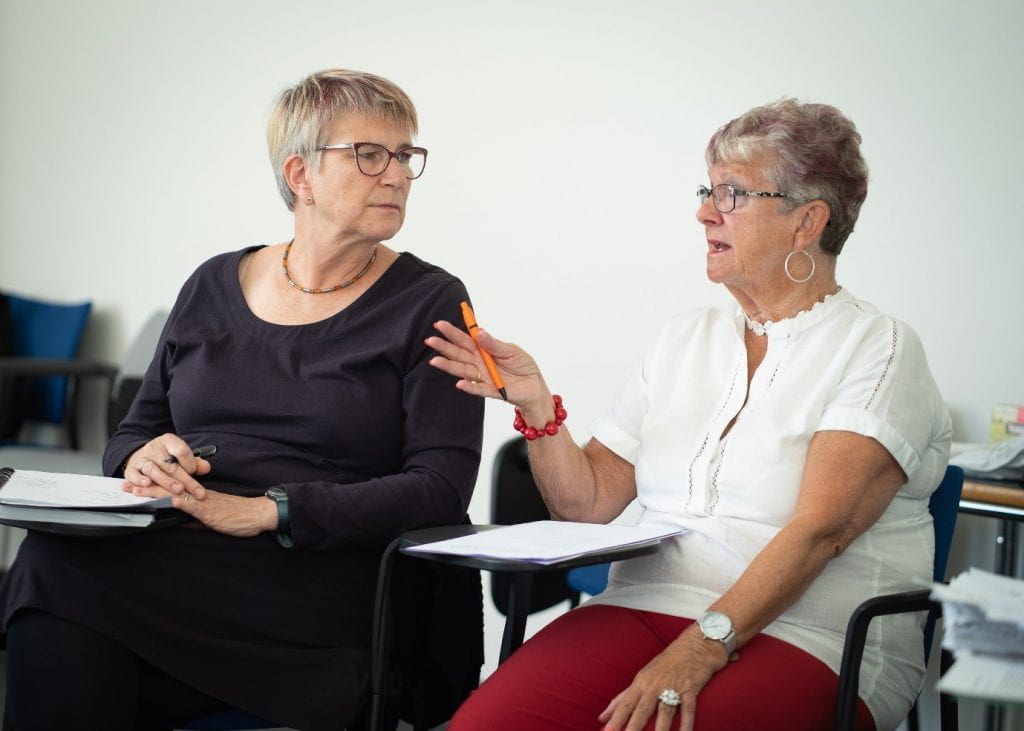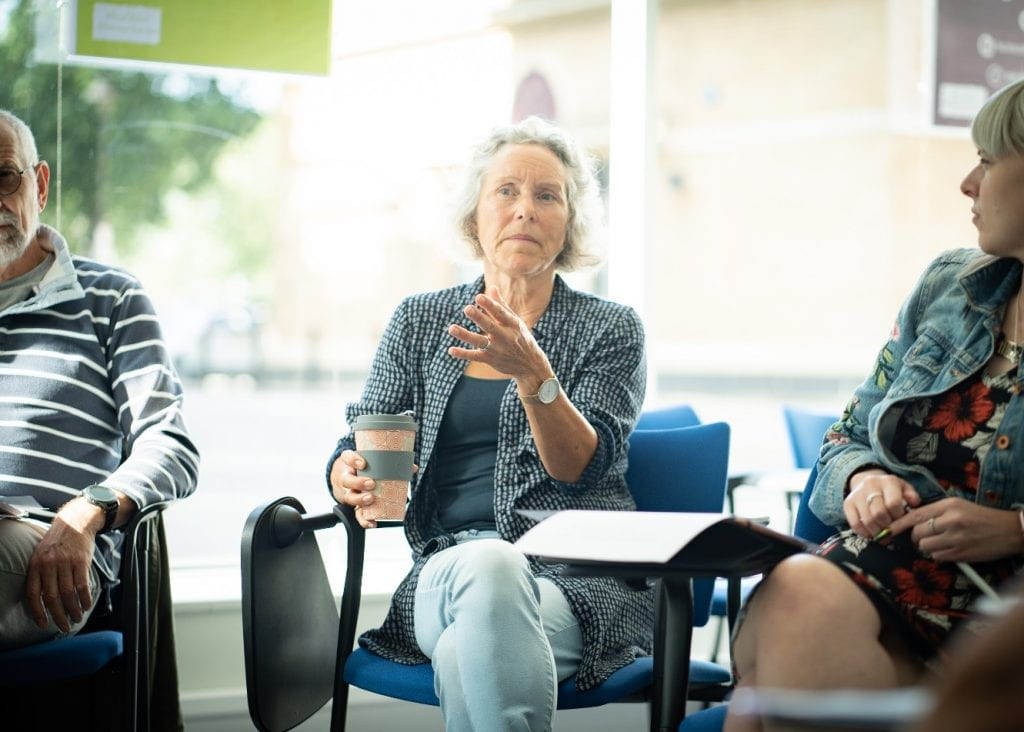Despite being the largest group of people who fund their own care, the perspectives and experiences of older people are largely absent from the debates about the provision of social care and well-being in later life.
Our three-year study, funded by the Wellcome Trust, is a collaboration between the universities of Lincoln, Brighton and Birmingham and covers three research sites in England. In Lincoln, the research team is led by Mo Ray professor of Health and Social Care in the College of Social Science. The research seeks to understand the pressures, dilemmas and practical difficulties involved when individuals have to find, choose and pay for their own care services.
The project takes an innovative approach by working closely with older people as co-researchers throughout the project, from its initial conceptualisation through the field work to analysis and knowledge exchange. In Lincoln, a diverse group of nine co-researchers has undertaken training and worked constructively with university researchers to complete a series of interviews with cohorts of older people, carers and stakeholders. The group of co-researchers have been encouraged to reflect on their experiences of the research and a small selection of their comments are included here.
‘We are all encouraged to express our point of view and our perspective. I hopefully added to the conversations’
‘I learned about the ethical issues of running research in an academic environment and the difficulty the project faces in asking for volunteers across the different organisations.’
‘Felt we were working as a team… It was good to acknowledge problems/difficulties that we met and shared. It’s easy to think others know more/are better organised.’
Our co-researchers have helped facilitate focus groups and enthusiastically thrown themselves into the process of developing codes and coding transcripts as well as attempting more complex narrative analyses. This experience has been both exciting and enriching for individuals in the group.
‘The introduction to the field of coding was fascinating! It’s often what is not said or how something is said that is far more telling than what is spoken.’
As lay colleagues in the research, our group of co-researchers have not only contributed to the data collection and development of the thematic analyses, they have also played a valuable role in bridging the gap between academic research and practice at several knowledge exchange events with social care practitioners, co-ordinators and those tasked with implementing policy locally.
‘Some new thinking has been stimulated from the KE Event on the theme of Ethics of Care and I have been inspired to explore this further.’
The co-researchers have also acted as the public face of the research holding exploratory ‘café conversations’ with members of the public, stimulated by the specially-commissioned VR installation Care(less), as part of Lincoln’s Frequency Festival.
‘I hope that … the findings might help to shape the way that information is offered to future self-funders and the way local government offer their services.’
As we approach the end of the project, co-researchers across all three sites are seriously engaged in writing and editing a booklet aimed at helping those older people and their families who are setting out on the daunting journey of finding and funding appropriate care for themselves or their loved ones. One thing the co-researchers have insisted upon is that all the information should be clearly presented in plain English so it’s accessible to all. As one co-researcher commented after a particular session ‘(I) still feel annoyed when people talk in acronyms. Hope others are now aware that this can be an issue.’ Exclusive language is but one issue to bear in mind as we seek to engage members of the public in our research and have them benefit from these activities. But as our project has clearly demonstrated, the value that this type of public participation far outweighs the small adjustments we might have to make.
Prof. Mo Ray and co-researcher Lissie Wilkins, working together on research into the ethical issues of self-funded social care.
Kate Holley, co-researcher on the project
Dr Phoebe Beedell, Research Fellow, ‘Older People and Self-Funded Care’


